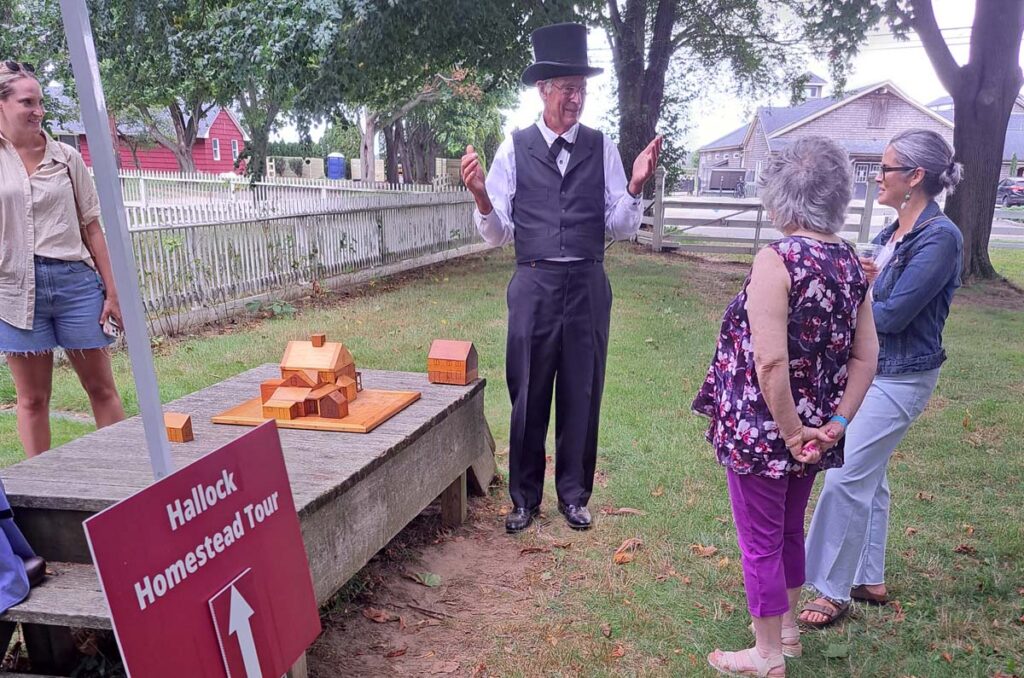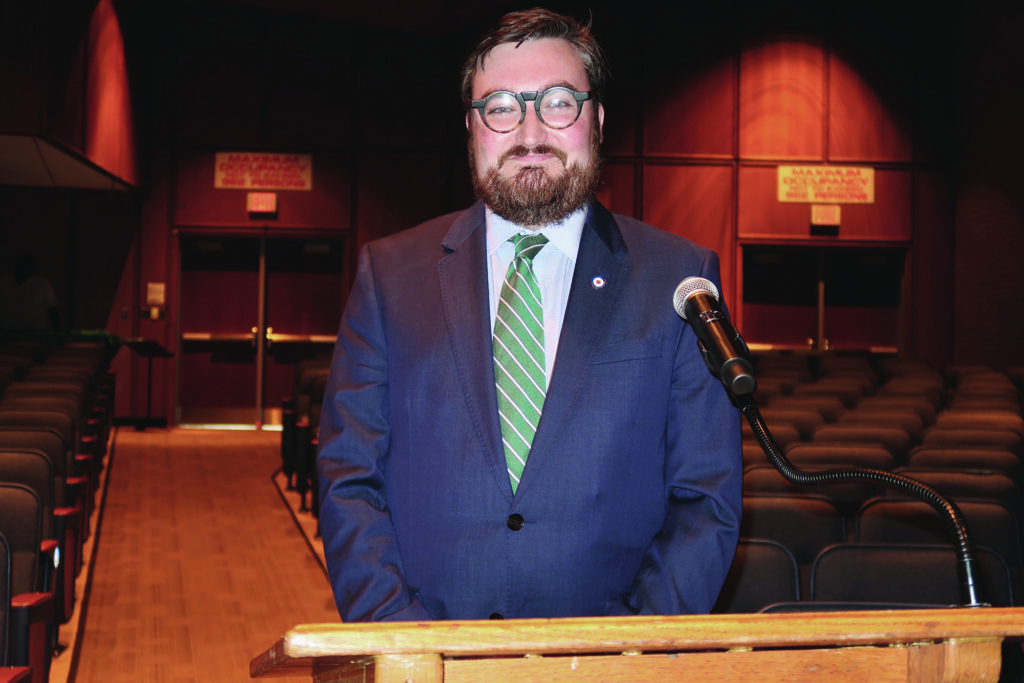Q&A with Riverhead-grown political activist Rashad Robinson

It’s been 15 years since Rashad Robinson, then 18, and other Riverhead High School students organized a boycott of three Route 58 stores — Waldbaum’s, Rite Aid and The Wall — after the stores banned students during lunchtime hours.
Today, the Riverhead High School graduate, whose parents, Everett and Shirley, still live in Calverton, makes a living advocating for political and social change. He’s served as a senior director at GLAAD (Gay and Lesbian Alliance Against Defamation), worked for the Right to Vote Campaign and was national field director for the Center for Voting and Democracy.
Mr. Robinson is now executive director of ColorofChange.org, a 65,000-member online organization that advocates on behalf of African-Americans. The group has lobbied for the exoneration of innocent people, the decriminalization of marijuana as a way to prevent young black and Latino males from entering the criminal justice system and the firing of certain TV news talking heads.
The News-Review recently caught up with Mr. Robinson — now 33 and recently honored by the African-American news organization The Root as one its 100 young black influencers — to talk about his life and work.
Q: How did growing up in Riverhead shape who you are today?
A: When you grow up in a community where you have a lot of family, but you also have a lot of diversity, it’s important to advocate for folks who are not going to have opportunities. We were always working hard to make sure our voices were heard. You learn how to organize really early. You learn that you have to work to hold people in power accountable. Democracy only works when all of our voices are heard. At its core, that requires work from all of us.
Q: Describe your typical day.
A: I don’t really have a typical day. I split my time between New York and the [San Francisco] Bay area. I probably spend a week and half in the Bay area and a week and half in New York and time in Washington, D.C. A lot of my time is definitely between moving through different parts of the country. It’s about working with a really talented group of staff, really smart advocates and activists out in the world.
Q: Your group has advocated for the firing of television news talking heads like Glenn Beck and Pat Buchanan. How do you think the media shapes the political discourse in this country?
A: I think media has a tremendous impact on what we do every day. The decisions that are made in courtrooms, schoolyards and halls of power have a powerful role in how we see ourselves. My younger brother, Jamar, who also grew up in Riverhead, he and his wife have a daughter and son. I think about what the world is going to look like for them five, 10, 20 years from now. Our responsibility to hold folks accountable sort of is at the core of what we can do every day. Freedom of speech does not mean freedom from consequences of speech. They have that right, they just don’t have the right to make money off it. We can hold them accountable and make sure those that give them a platform suffer the consequences.
Q: What are you most proud of in your career?
A: [Speaking on advocating for the release of the Englewood 5, who were falsely arrested and prosecuted for crimes they did not commit. They were exonerated last month.] Making sure we have a criminal justice system that does not have so many disparities in terms of how people are treated and given the type of legal support to make sure for fair trials. It doesn’t make any of us safer when innocent people are put behind bars.
Also, a lot of the work I did at GLAAD. Under my leadership, we graded the networks on how they [portrayed gay people using a rubric called the Network Responsibilty Index.] It was one of my signature projects. I remember when we failed Fox, after that they rolled out a number of programs including “Glee.” But none of this work will be about me or my staff. It’s the work we do when we come together.
Q: What’s next?
A: I’ve only been at Color of Change for a little over seven months so I’m [staying] for a while. We’re going to be do a lot to engage everyday Americans in this conversation. We’ll continue to hold the media accountable for how they portray black folks on television, thinking of the way media images impact young people. Access to food and health care is a really important issue to us as well as our work fighting for criminal justice.
The above transcript was condensed to fit space limitations.








